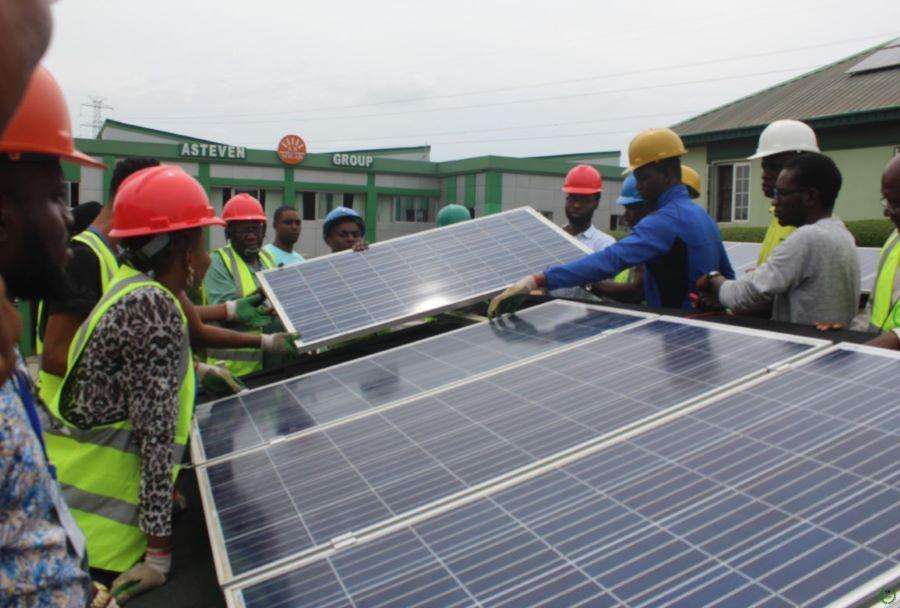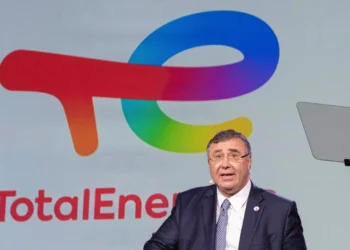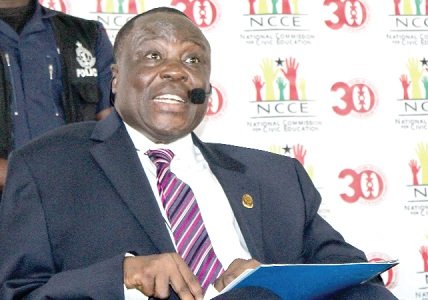Ghana’s ambitious plans to integrate nuclear power into its energy mix have sparked fierce opposition from civil society groups and environmental organizations, who argue that the risks associated with nuclear energy far outweigh any potential benefits.
The government of Ghana, aiming to address the country’s growing energy needs and boost its power generation capacity, has proposed the construction of a nuclear power plant. However, critics, including African Civil Society Organisations (CSOs) from countries such as South Africa, Zambia, Kenya, and even Russia, have come out strongly against the project.
Alberta Kpeleku, Executive Director of 360 Human Rights, emphasized the overlooked consequences of nuclear power, particularly the challenges related to nuclear waste.
“We are here to shed light on the often-overlooked consequences of nuclear energy, especially with reference to nuclear waste.
“From environmental disasters to health risks and economic concerns, it’s time to reevaluate our reliance on nuclear power.”
Alberta Kpeleku, Executive Director of 360 Human Rights
The risks of nuclear proliferation, terrorism, and cybersecurity threats were also raised by the civil society groups, stressing that the security implications of nuclear power cannot be ignored.
Kpeleku pointed out that nuclear accidents, such as those seen in Fukushima and Chernobyl, have had lasting effects on both the environment and the health of affected populations. The catastrophic consequences of such events, she argued, would not only impact the present generation but also future generations.
The coalition of CSOs, including groups like 360 Human Rights, SYND Ghana, the Centre for Justice, Governance and Environmental Action, Earthlife Africa, the Southern African Faith Communities’ Environment Institute (SAFCEI), the Young African Activist Network, and Russia’s Ecodefense, argue that nuclear energy presents significant environmental and health risks.
Ghana’s energy sector is currently grappling with significant challenges, including frequent power outages and an ever-increasing demand for electricity driven by rapid urbanization and industrial growth.
The government has argued that nuclear power offers a reliable, stable, and scalable solution to meet the country’s energy demands while reducing reliance on fossil fuels.
Nuclear energy, they assert, could complement existing energy sources such as hydroelectric power, which has been subject to seasonal fluctuations and climate change-induced water shortages.
Case for Renewable Energy

In addition to the concerns about nuclear power, the CSOs argue that Africa has viable alternatives in renewable energy. With vast untapped potential in solar, wind, hydro, and geothermal energy, they believe that renewable energy could provide a safer, more sustainable, and environmentally friendly solution to the continent’s energy crisis.
“We should be prioritizing renewable energy sources, which are safer, more sustainable, and cost-effective. The alternatives to nuclear energy are right in front of us.”
Alberta Kpeleku, Executive Director of 360 Human Rights
Kpeleku suggested that Ghana, along with other African nations, could significantly benefit from renewable energy investments, as well as energy efficiency and conservation measures.
Francesca de Gasparis, Executive Director of SAFCEI, added that nuclear power was simply not a suitable option for the African context.
“When we compare nuclear to other energy choices on the table in the 21st century, in terms of cost, safety, construction time, and waste, there is no rationale for nuclear.”
Francesca de Gasparis, Executive Director of SAFCEI
She further emphasized that Africa should learn from the experiences of Europe and other parts of the world that have moved away from nuclear power in favor of more sustainable energy sources.
Despite the growing opposition, the Ghanaian government remains committed to its nuclear ambitions. The government argues that nuclear energy is an essential part of the country’s strategy to diversify its energy mix and ensure a stable and reliable power supply.
Plans for the construction of a nuclear power plant are still in the early stages, with technical studies and international consultations ongoing. However, the pushback from civil society organizations is likely to continue to be a significant challenge.
As the debate over Ghana’s nuclear energy plans continues, the country’s future energy strategy remains uncertain. With many stakeholders calling for a shift toward renewable energy, the pressure on the government to reconsider its nuclear ambitions is mounting.
The outcome of this ongoing debate will not only shape Ghana’s energy future but could also set a precedent for other African nations considering nuclear energy as part of their energy strategies.
READ ALSO: Democracy Hub Participates in Council of State Elections to Spearhead Constitutional Reform























